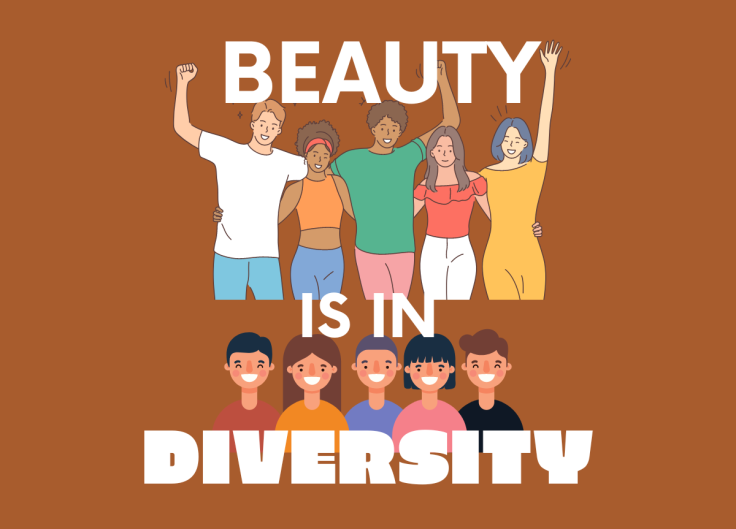Recent report reveals 48 per cent of females can raise issues at board level
Kearney's annual IWD research reported that less than half of female business leaders in the UK, US and Singapore are able to raise issues at board level.

Fundamental rights are supposed to be respected in the workplace by giving the same opportunities in all stages of an organisation, regardless of one's gender. Unfortunately, many studies have highlighted an issue concerning the under-representation of women in senior positions.
According to a report by Vintage Circle, 62 per cent of men are in managerial positions compared to 38 per cent of women who are promoted to be managers, it clearly shows us how underrepresented women are in the workplace.
New research released on International Women's Day by the global consultancy Kearney reported that 48 per cent of female business leaders surveyed were able to raise suggestions at the board level.
An additional report by Kearney revealed 95 per cent of people surveyed believed that future CEOs of their firms would be women. However, only one respondent in 1,007 stated that their current chief executive was female.
From the results of the survey, we can clearly note the difference between the ambition to fix this issue from companies and the actual reality for female business leaders.
Kearney reported that 42 per cent of women employees feel that diversity and inclusion policies should be more ambitious, with only 39 per cent of women surveyed saying that their organisations provided them with a full career development plan, including the C-suite level.
As mentioned earlier, even if the reality is not as expected, there is a strong optimism and growing aspiration from women in the workforce, especially among young females.
In Kearney's research, they found that 44 per cent of those between 25 - 34 years old were likely to strive for a leadership role, while 20 per cent were looking to be freelancers, 20 per cent have a portfolio career and 23 per cent have a side hustle.
Indeed, there is strong motivation to reach leadership roles and that is a good start toward improvement.
Their report also stated that new ways of working caused by covid-19 can create a positive environment from a DEI perspective and will improve women's chances to step into leadership roles.
A reported 60 per cent of respondents believed it would benefit women which is way more positive than last year with only 43 per cent of respondents who believed it would be the case.
In addition, 57 per cent of respondents stated that they believe virtual meetings and job sharing will improve women's chances to reach the C-suite.

A place for optimism is a good start, but actions are way more important than just hoping for the best.
The findings showed a real ambition from women to reach leadership roles but they are asking for more actions. Besides, Ramyani Basu, a partner at Kearney stated that ''there is a clear ambition to reach true equity in the workplace'' but it is worrying how all these ambitions ''are still not turned into reality''.
Basu clarified how important it is for organisations to put in place ''real, practical steps'' to make sure that their motivation to improve diversity and inclusion is realised.
She further added that ''38 per cent of companies have not addressed publicly targets around diversity, equity and inclusion (DEI)'' and that this practice should be important to deal with. Basu also believes ''ambition is not enough'' and that ''real actions'' are needed from companies.
© Copyright IBTimes 2025. All rights reserved.






















